Dominique Crenn is the three Michelin-starred chef owner of Atelier Crenn, Petit Crenn and Bar Crenn in San Francisco.
She was born in Paris and grew up in Brittany with her adoptive parents. Her mother, a cook, and her father, a politician, helped kindle her interest in food from a very young age.
After obtaining a bachelor’s degree in economics and a master’s in international business, Dominique Crenn moved to San Francisco in the late 1980s and applied for a job at Stars, Jeremiah Tower’s then critically-acclaimed restaurant.
Fast forward twenty years and Crenn had worked at the Manhattan Country Club, Adobe Restaurant and Lounge and the Intercontinental Hotel, earning two Michelin stars for her work at Luce.
The chef launched her flagship restaurant, Atelier Crenn, in 2011, receiving two Michelin stars in 2014 followed by a third in 2018.
She was the first to be given the Best Female Chef Award when it was launched by the World’s 50 Best Restaurant list in 2017 and is also a judge for the Basque Culinary World Prize, which rewards efforts to transform society with food.
Your most recent venture is Bar Crenn. Both of your other restaurants were odes to your parents, what does Bar Crenn mean to you?
I wanted Bar Crenn to be one of the greatest wine bars in the world. 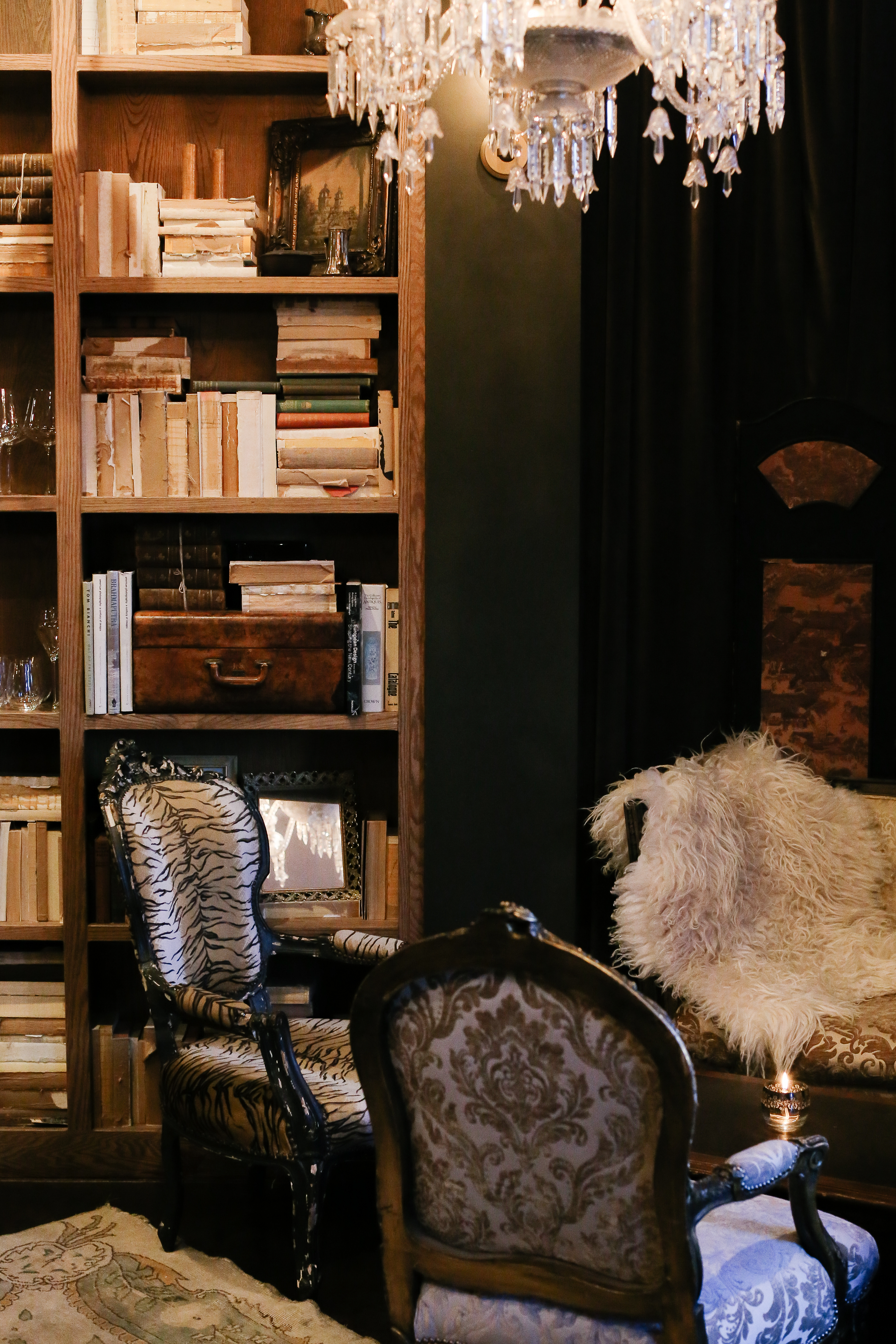
The 1920s and 1930s are one of my favourite periods in the history of France, between the first world war and the Great Depression in 1936.
During that time, especially in Paris, great artists, philosophers and writers came together in bars, hanging out for hours and talking.
A lot of great ideas came from that. We don't live in the greatest world right now politically and it's nice to have a space where you can think, where you can have fun, where you can have great food, great wine and great conversations.
You had this amazing effervescence of culture. I believe that in times of struggle, when you're left with nothing, I think this is when creativity happens
So that was the idea.
You've been involved with the Basque Culinary World Prize for the past few years; to what extent do you believe that food is more than just food, and extends to different fields like art and politics?
For me food is a language. Food is very political. It's an industry where you're dealing with a lot of things, like food security, policy. You're touching and feeling the world with something that you're cooking. You need to understand the consequences of everything that you're doing. It's not just about opening a restaurant. Food is the product of society.
Image: Bar Crenn, Dominique's recently launched wine bar in San Francisco
Food has been used to oppress and suppress people, but it's also been used to do positive things.
A cook should always think before cooking. What I love about the Basque Culinary Centre is that you get this idea that no, it's not just about learning how to cut or cook a fish or a vegetable. You are a thinker, you are a very important part of the future of this world.
Climate change is a very big deal for me and I really want people to think about it.
I want to find someone that thinks so much further than that and has a vision about today is the time where we need to really do something for the future of our children and the future of the world, and I want to find that person.
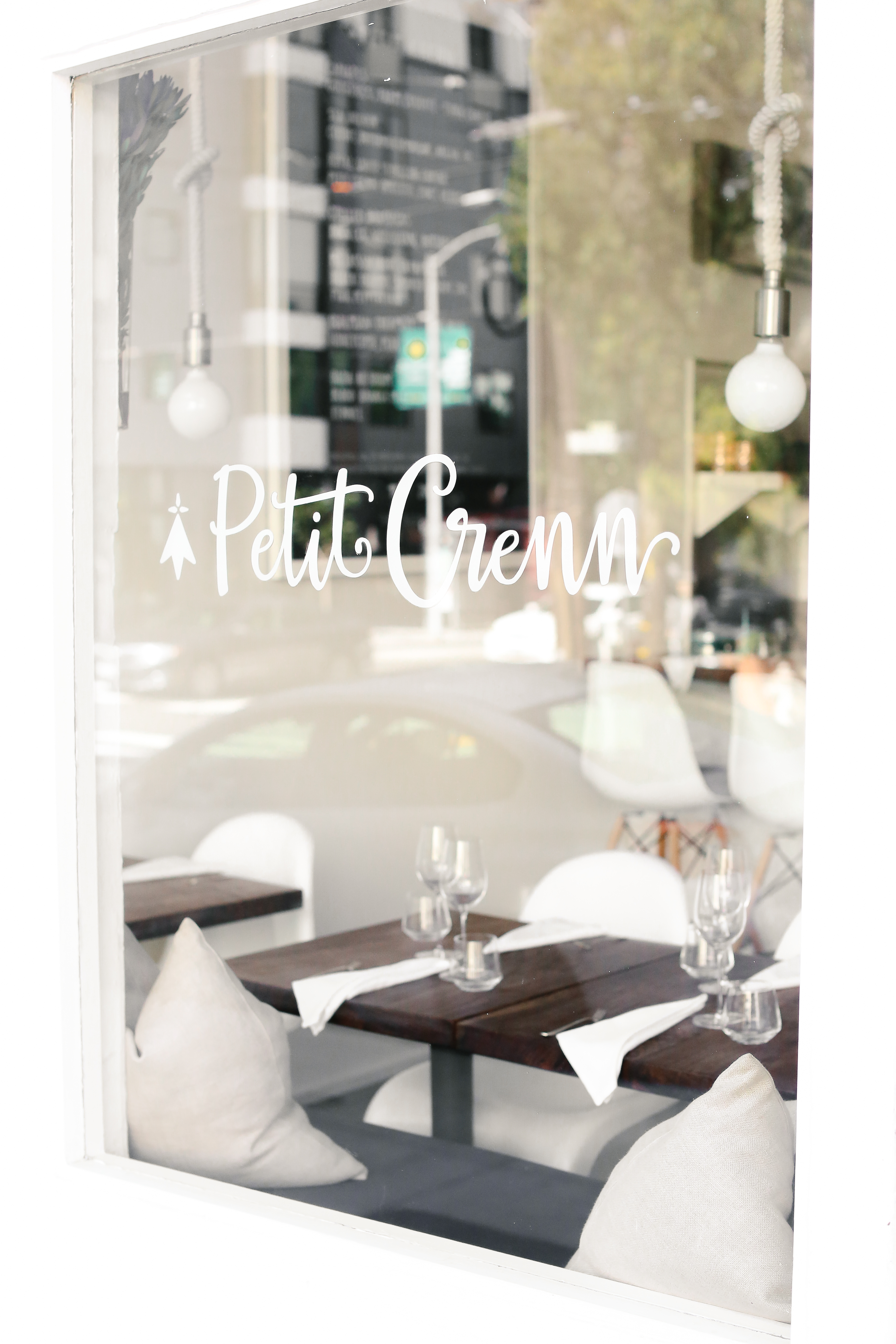 Do you feel that as a figurehead in the industry you have a duty to transmit that sense of responsibility to chefs?
Do you feel that as a figurehead in the industry you have a duty to transmit that sense of responsibility to chefs?
Absolutely. Cooking is a platform and it's a gift that's been given to me. I have to make sure that I'm learning, evolving, being curious and doing something important in this world.
To be honest with you, I want everyone in the culinary industry to think a little bit and it not just be about being greedy. And yeah, of course your restaurant has to make money, yeah we have to support people but you have to think about the consequences.
So yes, I feel it's my responsibility. Every day I'm trying to learn, everyday I'm trying to teach and inspire my team to do better, to think in other ways, to make sure that we're doing the right thing.
Image: Petit Crenn, Dominique's Bistro Breton in San Francisco's Hayes Valley
You were meant to



 Do you feel that as a figurehead in the industry you have a duty to transmit that sense of responsibility to chefs?
Do you feel that as a figurehead in the industry you have a duty to transmit that sense of responsibility to chefs? 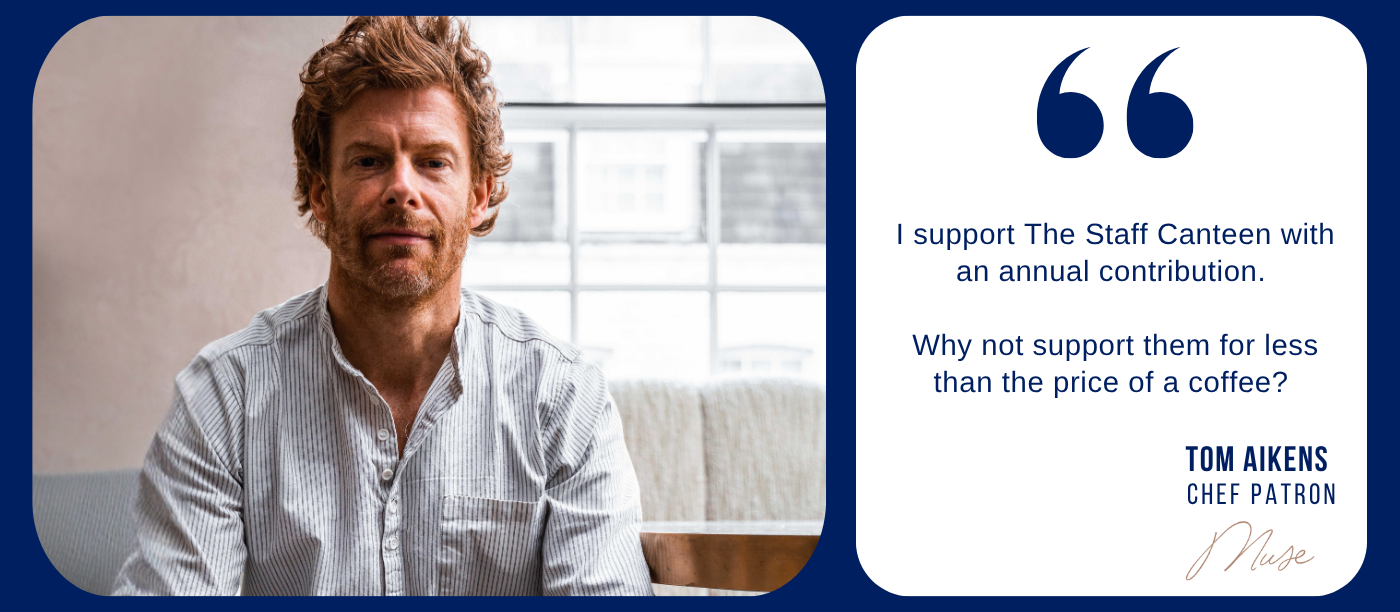
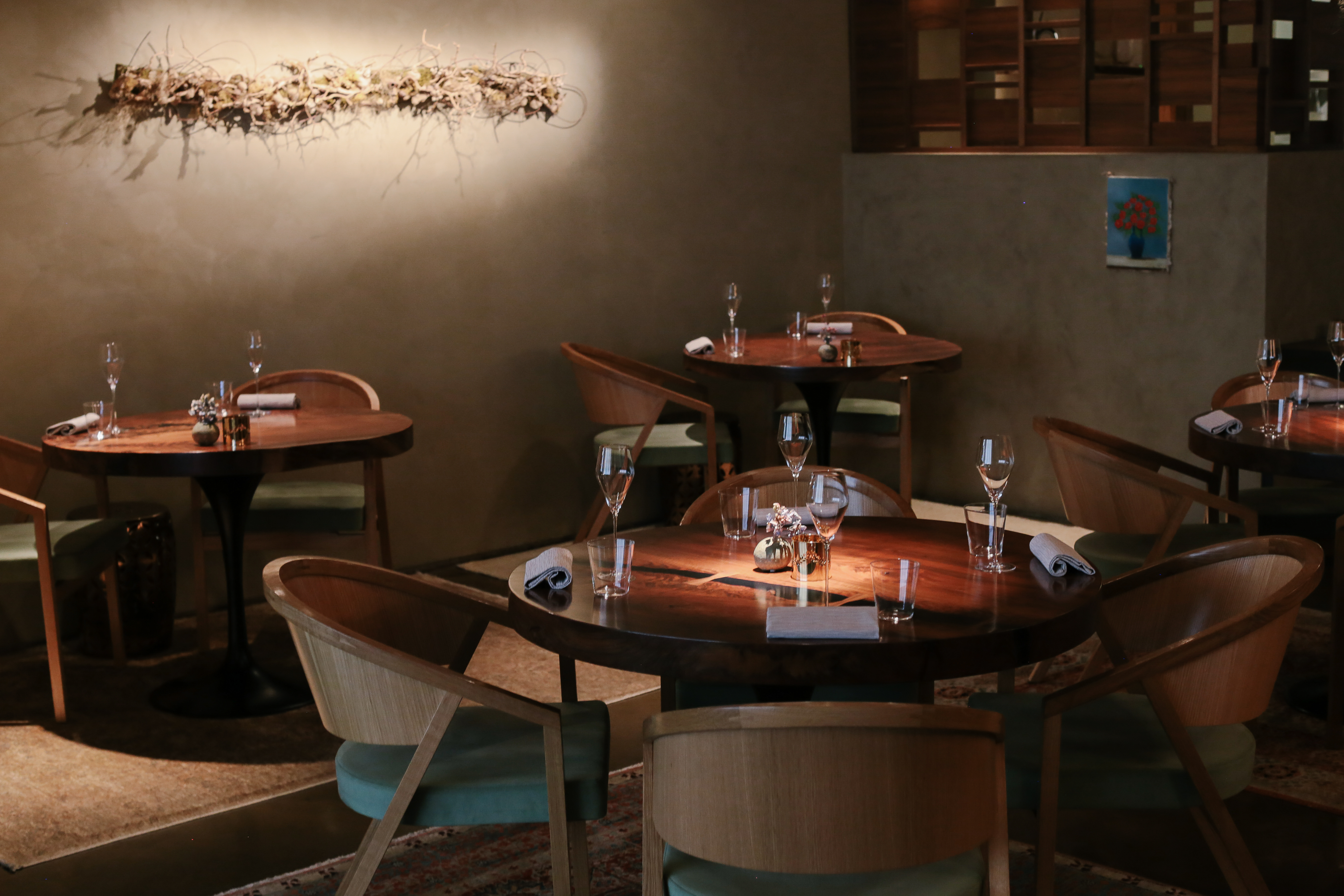
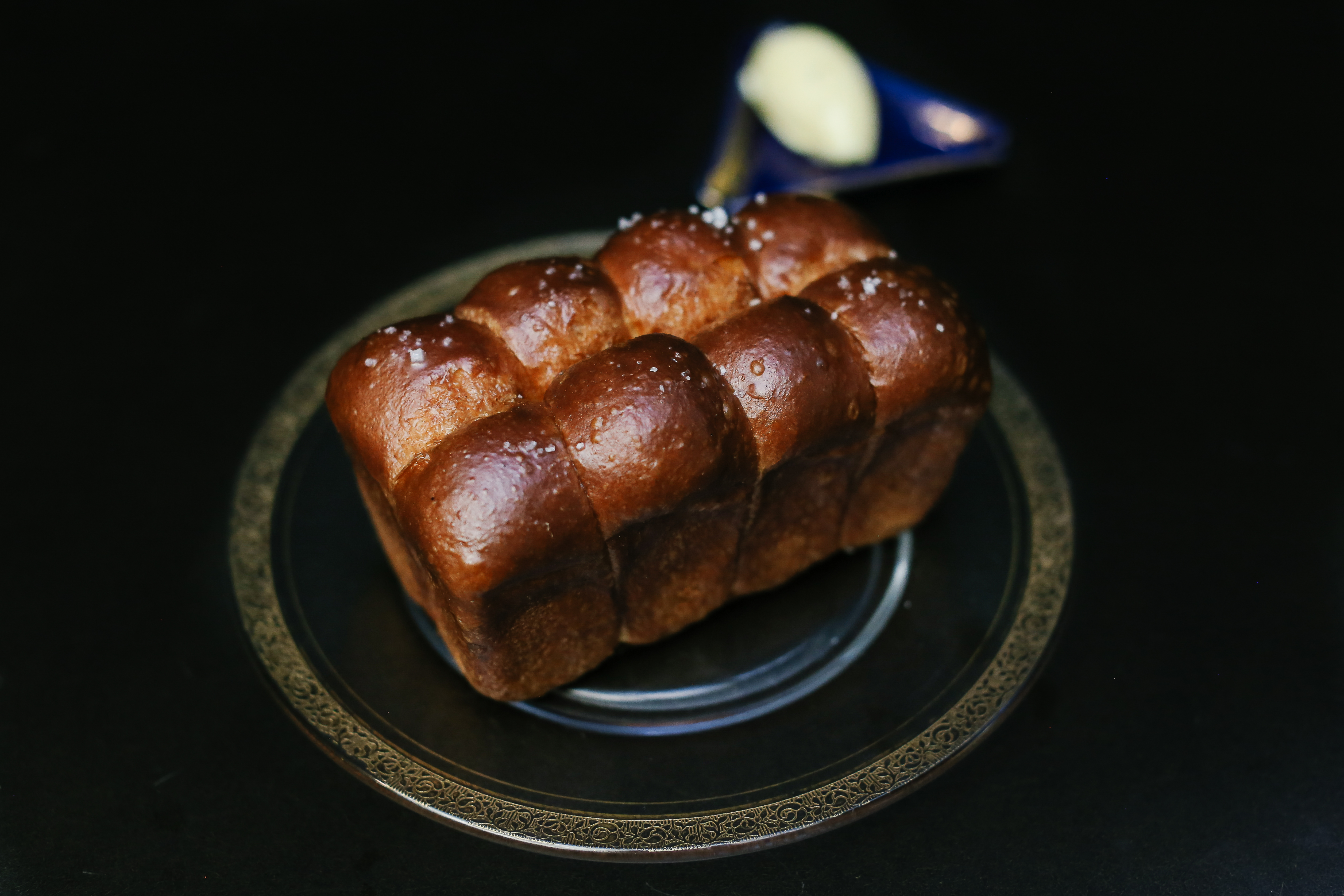 Find out how to make Dominique Crenn's brioche
Find out how to make Dominique Crenn's brioche 









